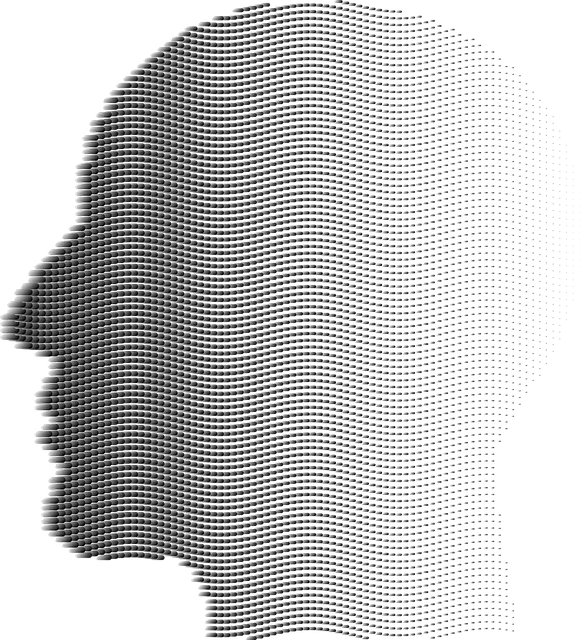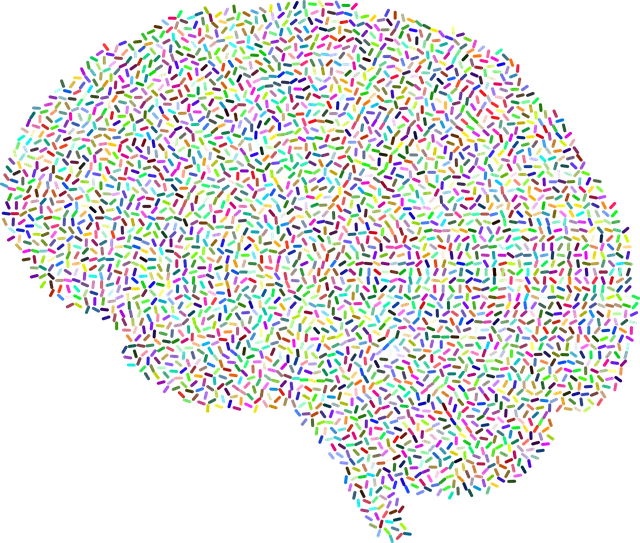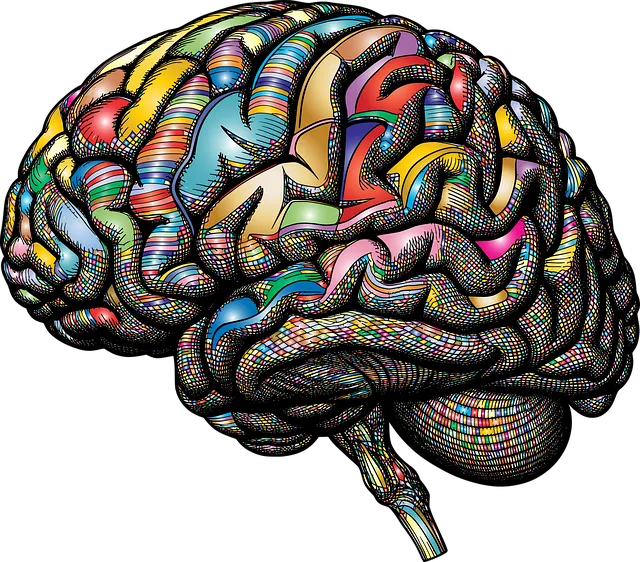The demand for accessible mental wellness solutions has surged, with mental wellness apps gaining popularity due to their personalized tools like Mood Management and Empathy Building Strategies. Studies by healthcare giants like Kaiser Permanente reveal an unmet need for affordable services, especially among younger audiences. Mental wellness app market growth indicates growing acceptance of digital interventions as valid mental healthcare components. Designing a superior app requires a user-centric approach with evidence-based strategies, personalized content, and accessible support. By emulating Kaiser Permanente's services, developers can create apps that contribute to improved mental wellness outcomes, extending beyond the app with community outreach and real-time coaching. Regular updates based on feedback and clinical expertise ensure continued effectiveness.
In today’s digital age, mental wellness apps are becoming indispensable tools for promoting psychological well-being. With growing demand and a burgeoning market, understanding the needs of users is more crucial than ever. This article delves into the development of effective mental health applications, using insights from the superior practices at Kaiser Permanente Mental Health Center. We explore key features, user experience design, and best implementation strategies to create apps that truly make a difference in people’s lives.
- Understanding the Need for Mental Wellness Apps: A Market Analysis
- Designing an Effective Mental Health App: Features and User Experience
- Development Process and Implementation: Best Practices from Kaiser Permanente Mental Health Center
Understanding the Need for Mental Wellness Apps: A Market Analysis

The demand for accessible mental wellness solutions has surged in recent years, reflecting a growing recognition of mental health as an integral component of overall well-being. This shift is evident in the increasing popularity of mental wellness apps, which offer personalized tools and resources to support users’ mental health journeys. According to studies conducted by leading healthcare providers like Kaiser Permanente, there’s a significant unmet need for accessible and affordable mental health services, particularly among younger demographics.
Mental wellness apps cater to this gap by providing on-demand access to Mood Management techniques, Empathy Building Strategies, and Mental Wellness Journaling Exercise Guidance. With features such as meditation guides, mood tracking tools, and community forums, these applications empower users to actively engage in their mental health management. The market analysis reveals that the global mental wellness app industry is poised for substantial growth, underscoring the growing acceptance of digital interventions as valid and effective components of comprehensive mental healthcare.
Designing an Effective Mental Health App: Features and User Experience

When designing a mental wellness app, prioritizing user experience and incorporating effective features is key to fostering positive outcomes. Apps should be intuitive, easy to navigate, and accessible, ensuring users can readily access support when needed. Incorporating evidence-based Empathy Building Strategies, Coping Skills Development, and Self-Care Practices into the app’s core functionality is essential for promoting mental well-being. These strategies might include mindfulness exercises, meditation techniques, or mood tracking tools that empower users to better understand and manage their emotions.
A superior mental health app design should also encourage user engagement through personalized content, interactive features, and regular check-ins. Visuals, audio guidance, and gamification elements can enhance the overall experience, making it more appealing and effective. By combining these strategies with a user-centric approach, developers can create an app that rivals the services offered by renowned centers like Kaiser Permanente mental health centers, ultimately contributing to improved mental wellness outcomes for users.
Development Process and Implementation: Best Practices from Kaiser Permanente Mental Health Center

The development process of a mental wellness app, guided by best practices from Kaiser Permanente Mental Health Center, begins with a deep understanding of the target audience’s needs and challenges. Incorporating Mind Over Matter Principles, the app design should foster a sense of agency, encouraging users to actively engage in their mental health journey. This involves intuitive navigation, personalized features, and accessible content tailored to diverse user preferences and abilities.
At Kaiser Permanente, the success of their initiatives extends beyond the app itself. The Community Outreach Program Implementation plays a vital role by bridging the digital gap and ensuring accessibility for underserved populations. Similarly, integrating Mental Wellness Coaching Programs Development within the app allows for real-time support, empowering users with evidence-based strategies to manage stress, anxiety, and depression. Regular updates based on user feedback and clinical expertise ensure the app remains superior in its effectiveness and relevance.
Mental wellness apps are becoming increasingly vital tools in addressing the global mental health crisis. As evidenced by the success of programs like those offered by the Kaiser Permanente Mental Health Center, these applications can significantly enhance access to care and improve user outcomes. By incorporating evidence-based practices and focusing on user experience, developers can create powerful resources that support individual well-being. The future of mental health management lies in innovative digital solutions, ensuring a more inclusive and accessible approach to care for all.






